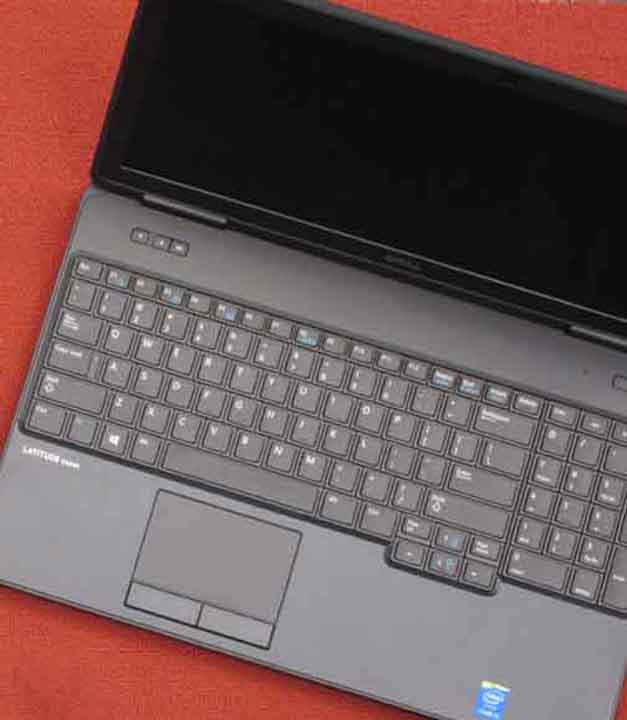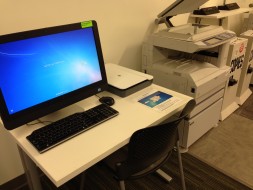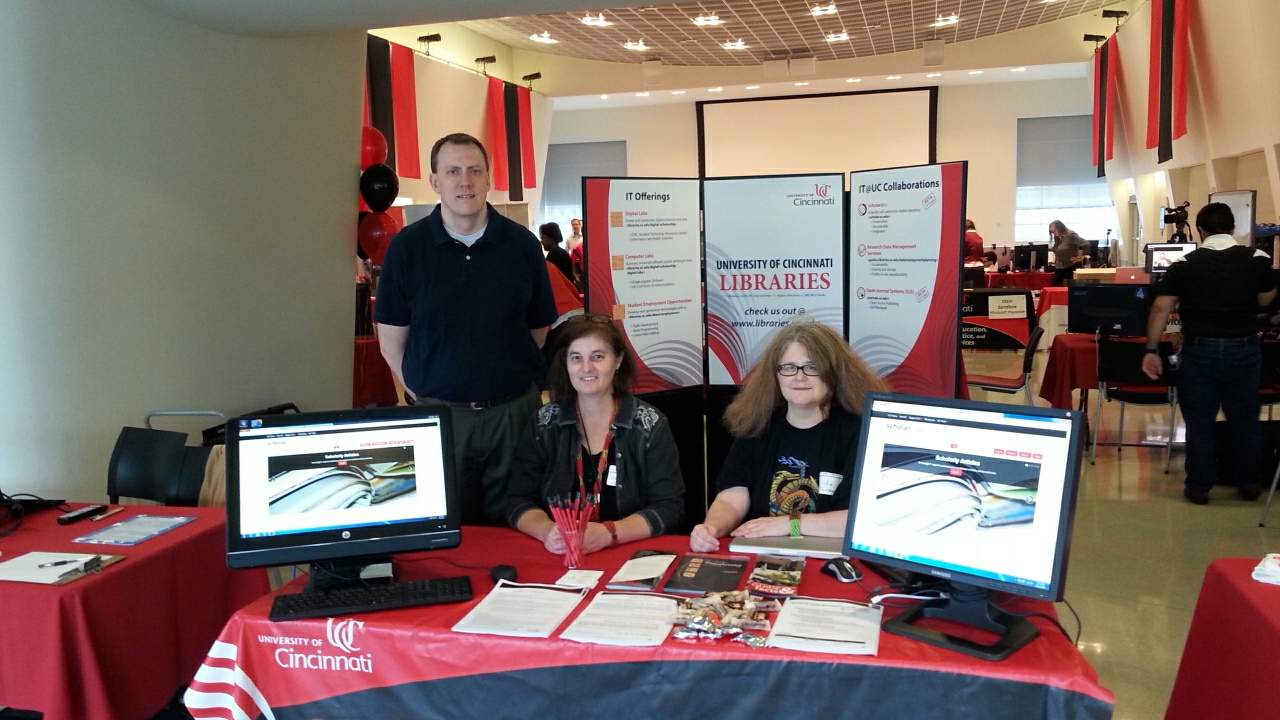
Blockchain by Frühstück from the Noun Project
In my capacity as the University’s Records Manager, I’m on a statewide group called the Ohio Electronic Records Committee (Ohio ERC). Ohio ERC consist of professionals from Ohio’s public entities (including archivists, record managers, IT professionals, lawyers) who have an interest in electronic records. We meet quarterly, and produce resources of interest to other public employees, such as best practices tip sheets based on Ohio-specific concerns and annual workshops. It’s a great way to stay up to date with what’s happening within state government, since what is decided in Columbus can impact records management at UC.
At our last meeting, the topic of blockchain in state government came up. It turns out that there was legislation in the last General Assembly concerning blockchain. You can see information
about the bill here. Blockchain is a
distributed digital ledger system that is protected through cryptographic measures, and which records all changes, transactions, and modifications to the file or object in question. Blockchain’s most famous implementation is the cryptocurrency, Bitcoin. While there is a lot of tech futurist excitement about blockchain, many others caution blockchain suffers from a
lack of uniform standards, and others criticize the
technology’s voracious energy usage. The reason blockchain is associated with high levels of energy use is because significant computing resources are used to generate its cryptographic verification. As a result, “bitcoin mining” tends to take place in areas with the cheapest electricity. For some time, this included places with extremely
cheap coal-generated electricity like China, but
this may be changing as renewable sources of cheap power come online.
During the meeting, we took a look at
the full text of the bill (SB 300). Something that jumped out to many of us in the room was the definition of blockchain. The bill defined it in the following manner:
“Blockchain technology” means distributed ledger technology that uses a distributed, decentralized, shared, and replicated ledger, which may be public or private, permissioned or permissionless, or driven by tokenized crypto economics or tokenless. The data on the ledger is protected with cryptography, is immutable and auditable, and provides an uncensored truth.”
As I read this, something seemed a little off – the language seemed a little too bombastic to be written by state legislators, which made me think it was likely a form of
model legislation. So I did some searching, and found that indeed, the phrase “uncensored truth” was part of similar legislation introduced in at least two other states, including
Arizona and
Tennessee. In other words, SB300 was model legislation, though it still isn’t clear who is shopping this around to state legislators. In 2018,
eighteen states had some kind of legislative activity related to blockchain.
As it turns out, SB 300 was not passed, however language pertaining to blockchain (minus some of the colorful descriptions like “uncensored truth”) was part of another bill and is now part of the Ohio Revised Code (i.e. state law). It is in the
section pertaining to commercial code and electronic transactions:
“(G) “Electronic record” means a record created, generated, sent, communicated, received, or stored by electronic means. A record or contract that is secured through blockchain technology is considered to be in an electronic form and to be an electronic record.
(H) “Electronic signature” means an electronic sound, symbol, or process attached to or logically associated with a record and executed or adopted by a person with the intent to sign the record . A signature that is secured through blockchain technology is considered to be in an electronic form and to be an electronic signature.”
Incidentally, earlier this month, a top aide of Governor Kasich (who recently left office due to term-limits) reportedly left state government “to
work for a Cleveland tech company that’s developing ways to use blockchain to store and record government records.” It seems likely that we’re going to start hearing a lot more about blockchain in Ohio soon.
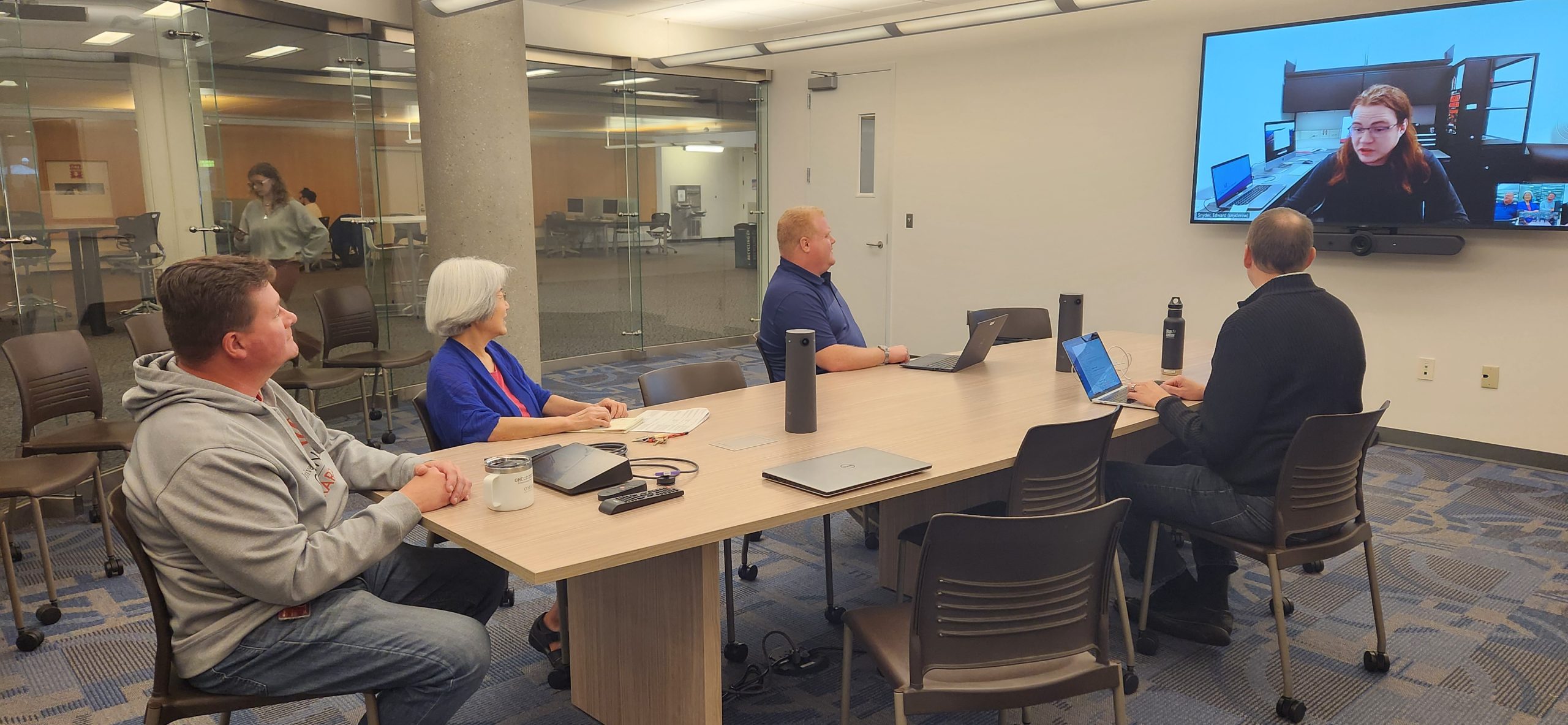

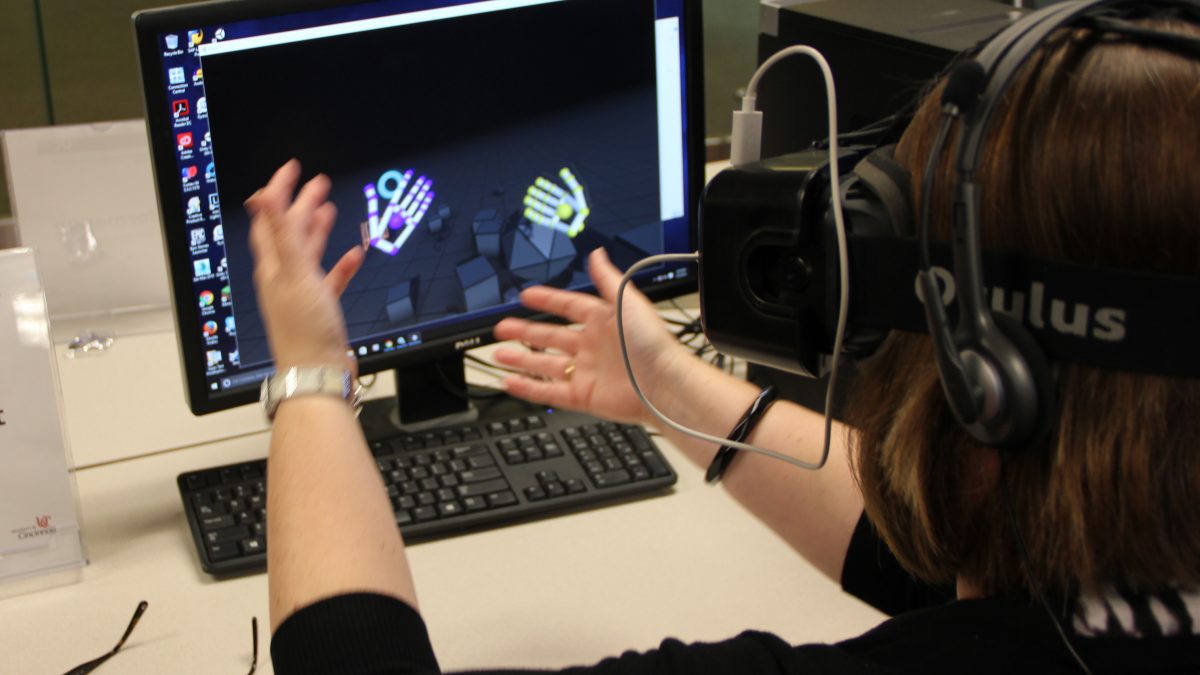
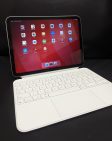 UC Clermont has updated its offerings of iPads. There are now 5 new iPad kits available for UC Clermont students and faculty to borrow. The kits include an iPad, keyboard, Apple pencil, USB-C charger, charging adapter, USB-C to lightening adapter, and carrying case. They can be borrowed from the UC Clermont Library front desk for up to one-week. The included apps are Canvas, OneDrive, Zoom, and more.
UC Clermont has updated its offerings of iPads. There are now 5 new iPad kits available for UC Clermont students and faculty to borrow. The kits include an iPad, keyboard, Apple pencil, USB-C charger, charging adapter, USB-C to lightening adapter, and carrying case. They can be borrowed from the UC Clermont Library front desk for up to one-week. The included apps are Canvas, OneDrive, Zoom, and more.

